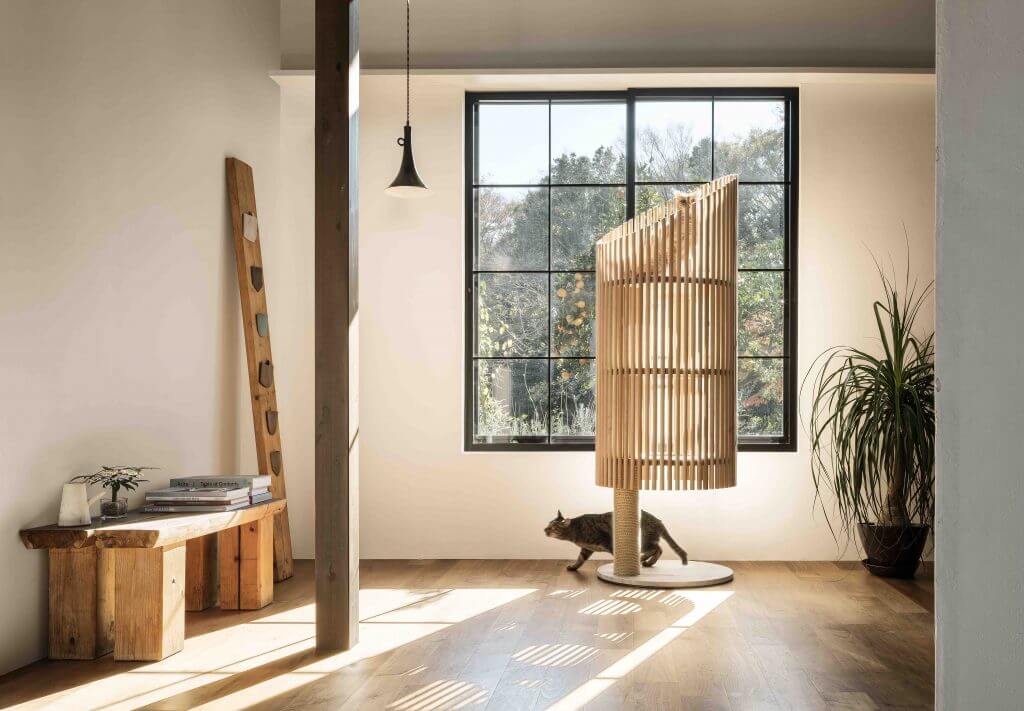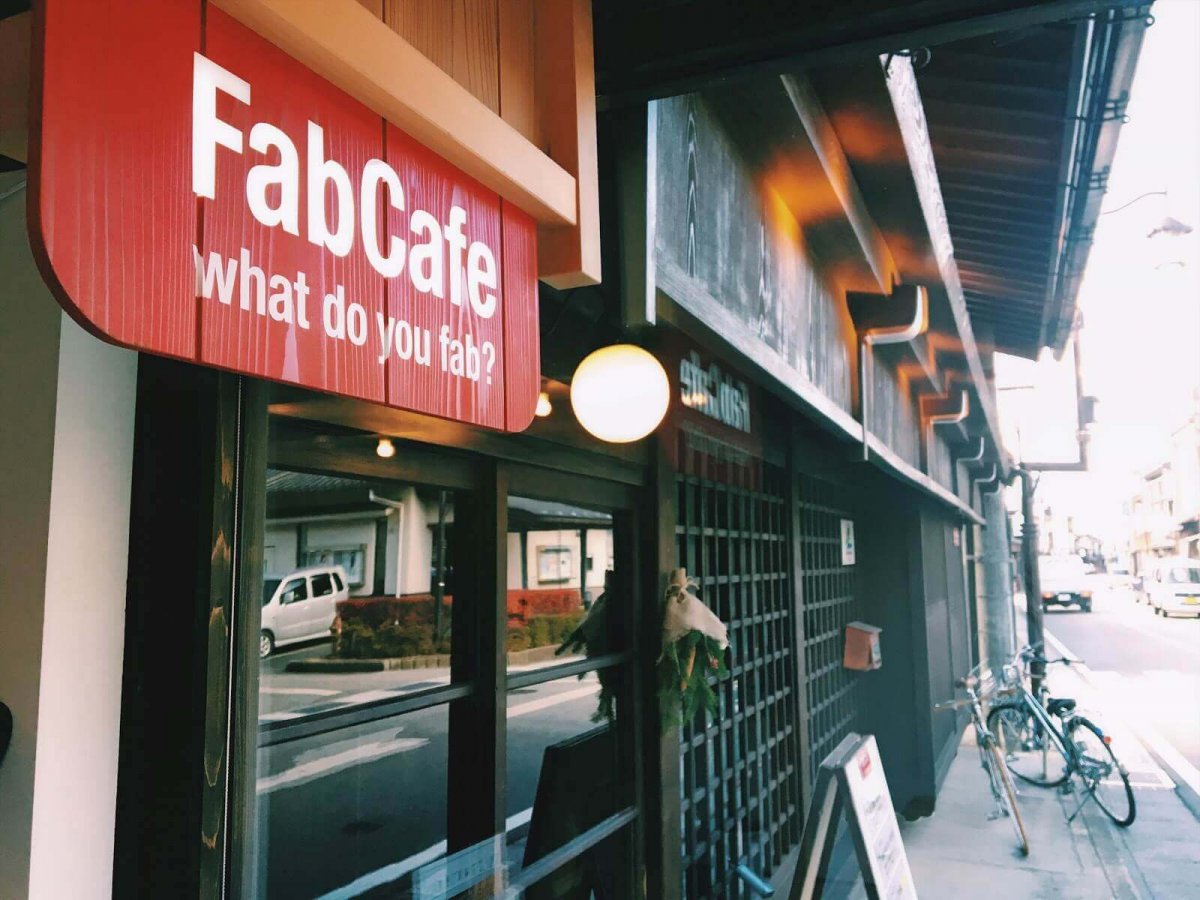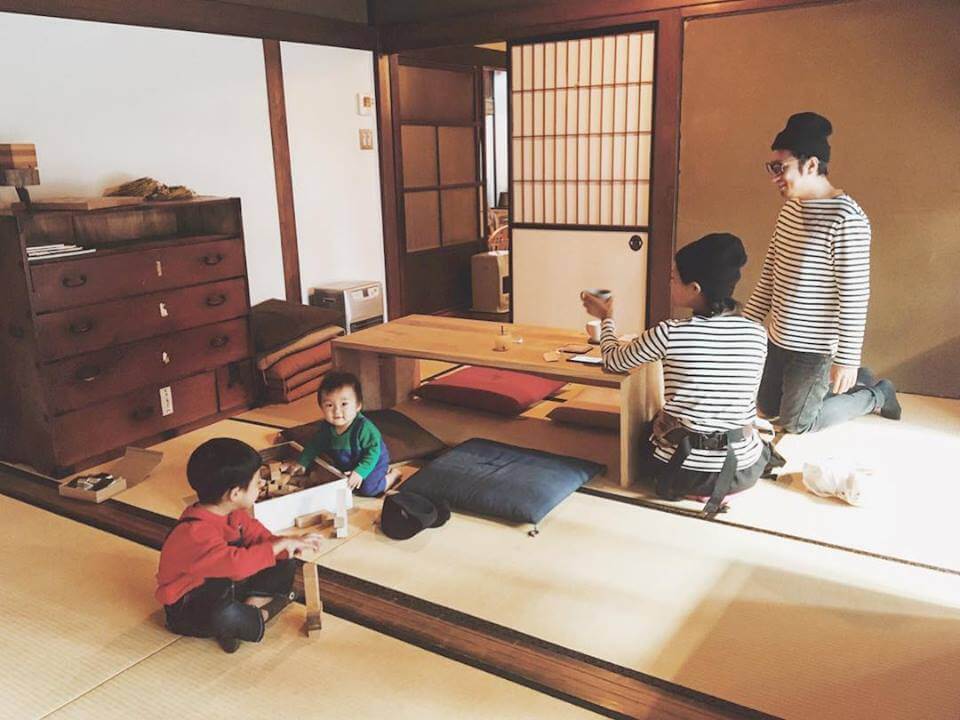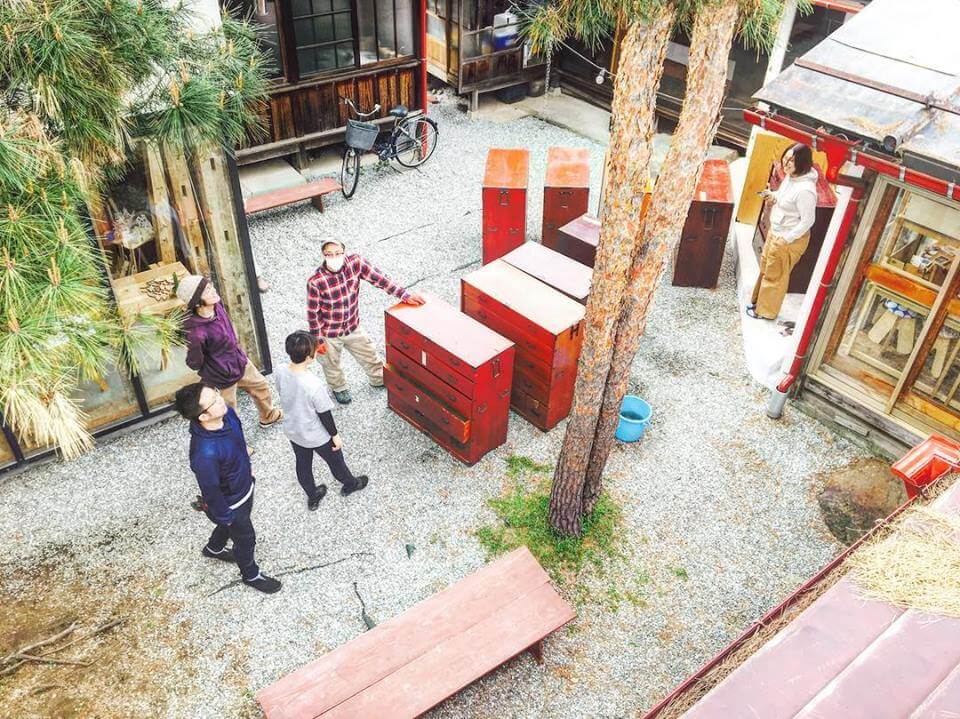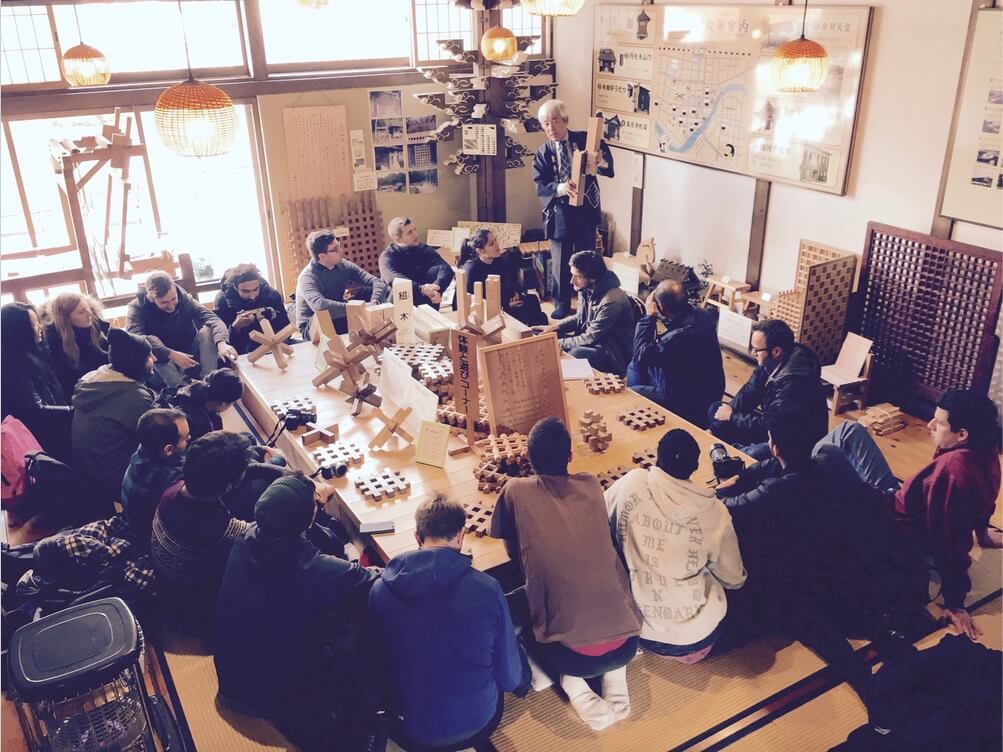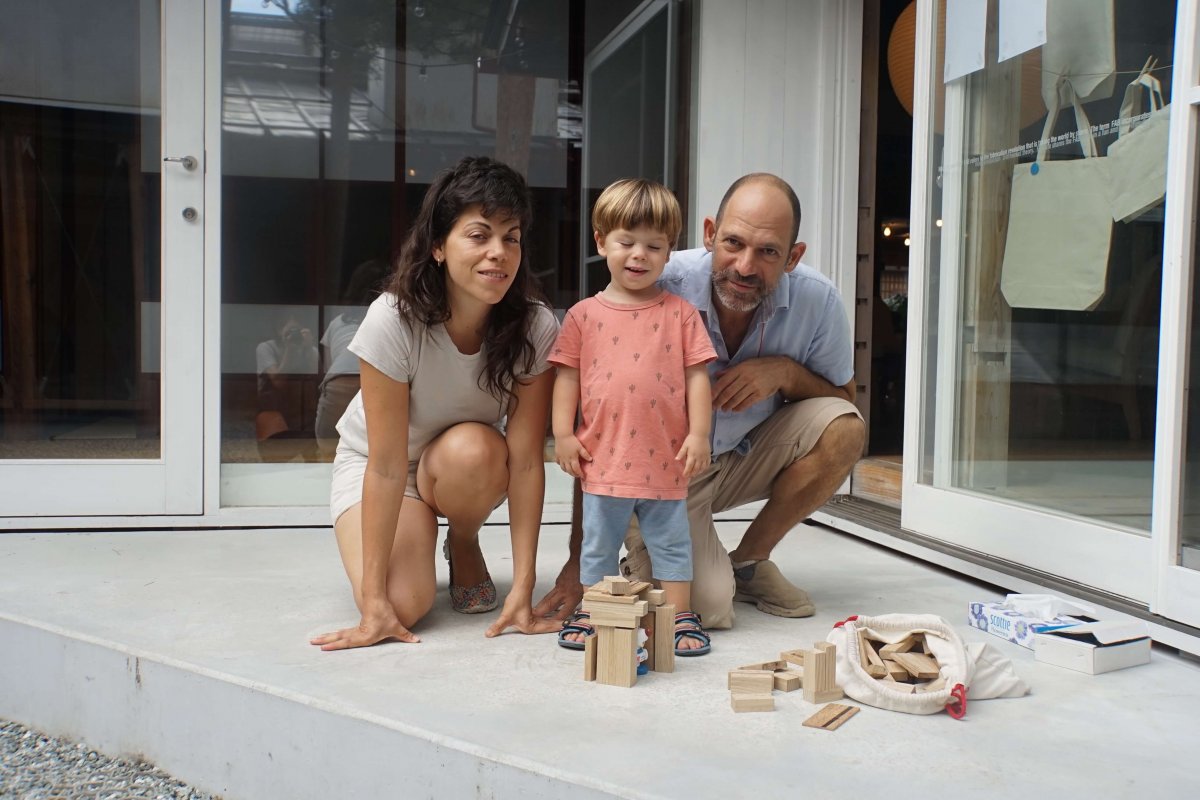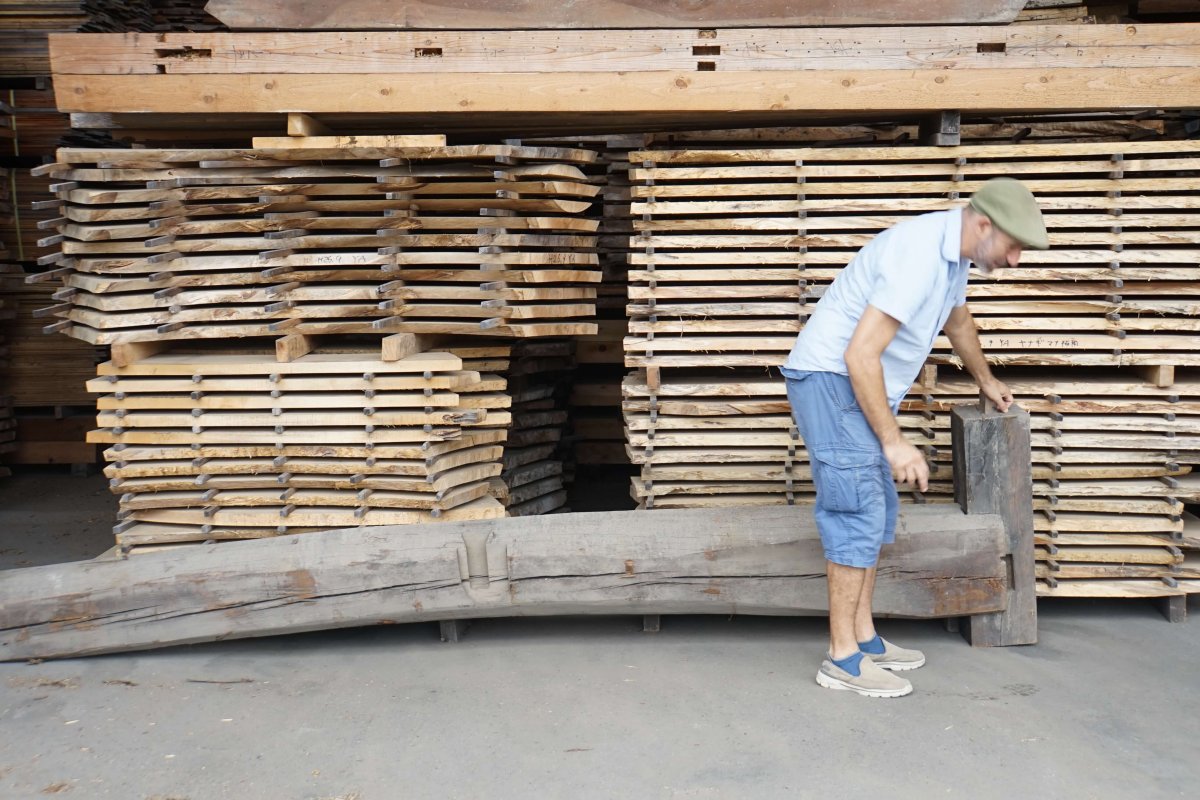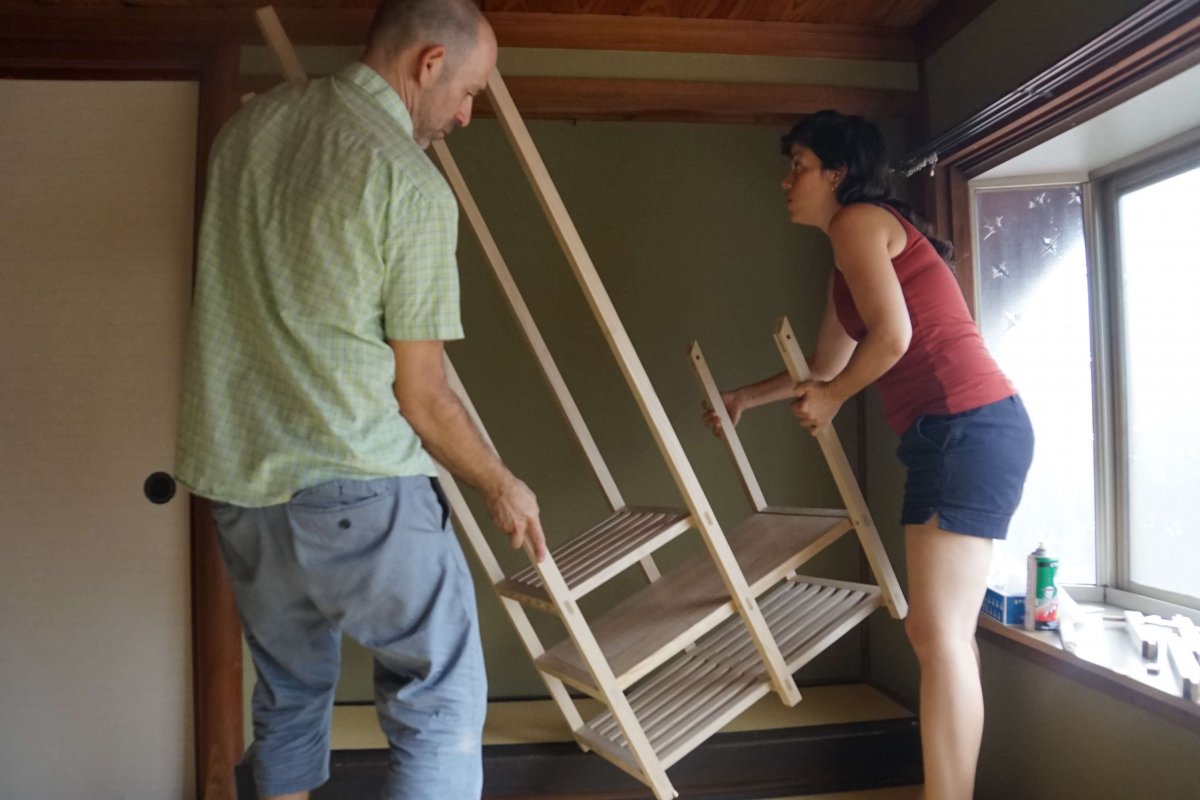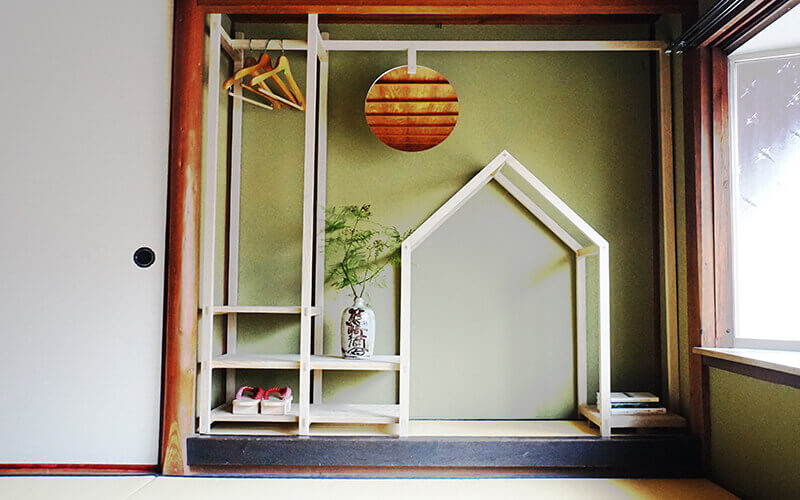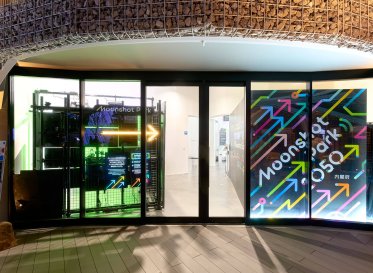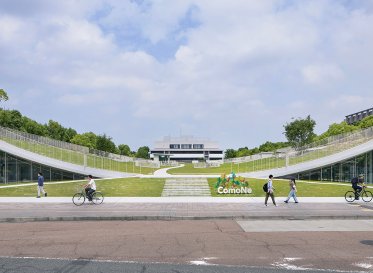
HIDAKUMA & FabCafe Hida: Loftwork puts down roots for new values in Hida city
Sometimes, a little bit of creativity allows us to see the forest for the trees. Lending its global network of people, ideas and skills, Loftwork is helping Gifu Prefecture’s Hida city get out of the woods, in the face of population decline and erosion of local culture and environment.
Outline
Surrounded by mountains and forests, central Japan’s Hida is a town with deep roots to nature and traditional craftsmanship. Like many other countryside hideouts in Japan, Hida is a shrinking city. Its population has steadily declined since the ‘70s, halving from 40,000 to 20,000. Drawing people in is no easy feat, nor does it readily solve the more imminent issues Hida faces: loss of the forestry industry, as well as traditional skills and techniques.
Loftwork, along with Tobimushi, a local wood design studio, has put forth a sustainable strategy that attempts to address all three issues for the local government of Hida. By connecting a new generation of artists and designers with Hida’s abundance of wood and traditional woodwork techniques, it is hoped that the city can be revitalized in a way that is both innovatively useful and genuine to the city’s core.
During her visit to Hida, Loftwork co-founder Chiaki Hayashi was deeply moved and inspired by the rich and wood culture and traditions of yesterday. Hayashi noted that Hida may be known for its beef and heritage architecture to outsiders, but wood and woodwork remain the town’s core. Breathing new life into Hida’s forests, then, not only continues Hida’s age-old traditions, give the town new value and growth.
Process
Based on Loftwork’s findings, 70 percent of land area in Japan is covered by forests. Forests not only protect biodiversity, provide food and prevent landslides, they provide wood. With increased global trade and subsequent changes in tariffs, the price of imported timber now rivals that of local timber. Forest resources in places like Hida become underutilized, giving rise to a ‘forest crisis’; not only is local industry crippled, generations of forestry and woodwork knowledge disappear.
In April 2015, Loftwork and local wood design studio Tobimushi established Hida no Mori de Kuma wa Odoru – or, Hidakuma – as Hida’s new hub for everything wood with local government of Hiday City. Here, local craftspeople and forestry experts, armed with digital fabrication technology, help bring Hida’s wood back to life. Not only does Hidakuma promote the procurement of the resource itself, it also supports traditional techniques like Kumiki, a joinery technology for wood.
In 2016, FabCafe Hida, part of Loftwork’s series of maker space-slash-cafés, was launched in the same space. With nearly a dozen FabCafes around the world, it pushed Hida onto a global creative map, facilitating even more connection and collaboration with global creators – and thus, growth.
Output
Hidakuma: a place to work, play and educate
Hidakuma and FabCafe Hida are housed in the former “Kumasaki House”. Located in the center of town, the building has a long, hundred-year legacy in Hida – having been a sake brewery, a timber factory, a candy shop, a menswear store, and even a finance office. Now, after renovations, it stands as a woodworking workshop, but also a digital fabrication café, as well as an event space and B&B. Though updated, Kumasaki remains intrinsically Hida – as a place etched in the minds of local residents, and a place where traditions continue to thrive.
From forests to designers: wood procurement at Hidakuma
As the saying goes, “Great oaks from little acorns grow”; in Hida, there’s no shortage of great oaks – literally. Rich in broad-leaved trees, including walnut, chestnut, oak, maple, beech and more, wood is, of course, Hidakuma’s grand centerpiece. Working with local companies and sawmills, Hidakuma procures local wood to architects, designers and creators all over Japan. In a process that is more than simply selling wood, Hidakuma is a guiding hand – allowing them to play with and understand their chosen material, as well as providing support for finishing and processing.
FabCafe Hida: creativity, community and coffee
In 2016, FabCafe Hida sprung up as the second Japan branch for Loftwok’s series of digital fabrication cafés. As with all FabCafes, fabrication meets good coffee and food. The Hida branch differs from that of Tokyo for, of course, its abundance of broad-leaved trees. Here, one create and prototype with local Hida materials, using the latest digital fabrication machines, as well as wood machines. Doubling as a B&B, FabCafe Hida also host creators for longer stays to further experiment and fully realize their innovations.
Building community through education
Beyond residencies and workshops, FabCafe and Hidakuma also aim to promote sustainability and traditional craftsmanship through education. Working with universities around the world, FabCafe and Hidakuma host intensive design ‘camps’ – most notably, the annual ‘Smart Craft Studio’. This three-week camp gathers design students and academics from universities all over the world – Parsons School of Design, Taiwan’s National Chiao Tung University, University of Toronto, Tokyo University of the Arts, and more. Graduate and undergraduate students from the University of Buffalo also underwent a 5-day ‘Hida workshop’ as part of their own annual study abroad program. The Buffalo students stayed at the Kumasaki House, and was able to experience the woodworking industry, as well as the local context, firsthand.
Integrating traditional Japanese techniques with smart, human-centered technology, these programs allow a new generation of designers to work with local craftspeople and timber experts, to not only engender meaningful design, but also continue the dialogue between the ‘old’ and the ‘new’.
Artists in residence
Since its launch, Loftwork and Hidakuma have worked hard to nurture FabCafe Hida into a hub for not only innovation, but also collaboration. FabCafe Hida hosts artists, designers and architects from all over the world. Through its residency program, creatives have been able to work with local craftspeople and experts, and make new works and products.
Logo

Hidakuma – in its full Japanese name Hida Mori Kuma Odoru– refers to black bears dancing in the forests of Hida. Its name comes from the desire to better the relationship between humans and nature, through the use of forest resources. In recent years, forests in Japan (including those in Hida) face threat from lack of protection and management, disrupting the ecological balance. When the forest cannot provide, black bears will wander into inhabited areas. It’s this imbalance Hidakuma seeks to restore, allowing people and wild animals (such as black bears) to coexist in harmony, that underpins the visual design of Hidakuma.
Voices
Hidakuma, the heart of Hida city’s broadleaf industry and culture, has achieved so much by making use of a variety of knowledge that public sectors don’t usually have, as well as by developing aesthetically pleasant wooden designs and embarking on office renovations. Hidakuma has also created opportunities for foreign students to come and visit Hida, spreading our culture and traditions to the world. I strongly hope Hidakuma keeps on growing in order to prove that Japan still has profound resources and valuable craftsmanship – showcasing the possibility of Japan’s bright future to the world, from Hida-city.
– Tsuzuku Junya , mayor of Hida city
There is just something magical about Hida that makes you want to go back all the time. It has beautiful scenery, a rich history, and people there still live a very traditional life. I get to learn something new every time I go there. What I enjoyed the most is to see the students working directly with the craftspeople of Hida, not only learning the skills but also learning to respect the material – wood. This really is an authentic, once-in-a-lifetime experience, something you can’t find elsewhere.
– Nick Bruscia, professor at University of Buffalo
About Loftwork
Loftwork Inc. is a creative company dedicated to making a positive impact through design with a global community of innovators. Aside from providing innovative design solutions to global clients across various industries, Loftwork also operates a number of owned services and platforms, such as digital craft cafe “FabCafe” , and material design lab “MTRL” , the online innovation platform “AWRD”, and an open community bio lab “BioClub“.




